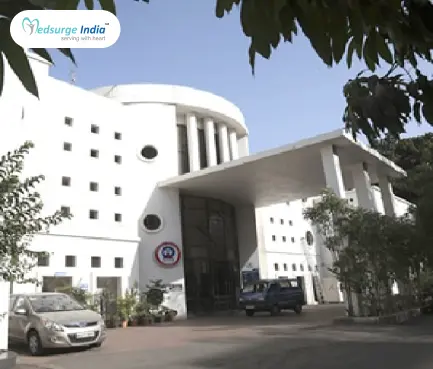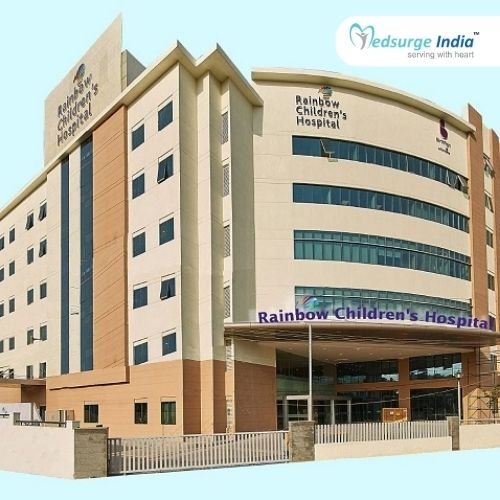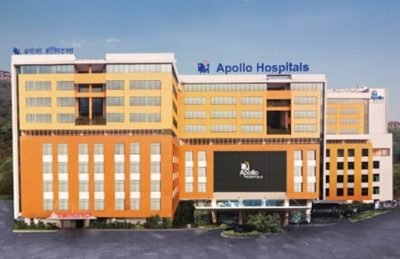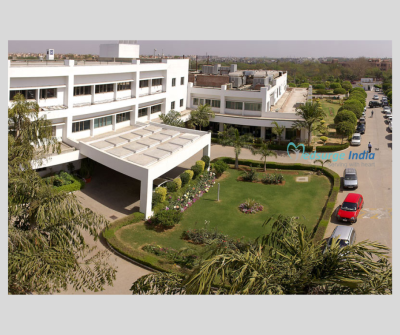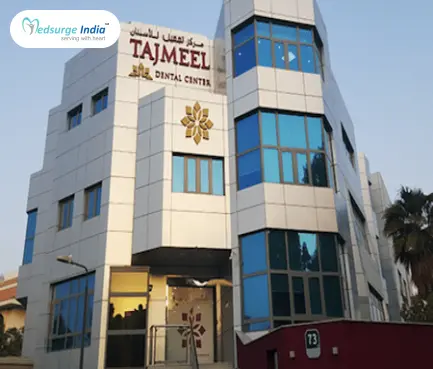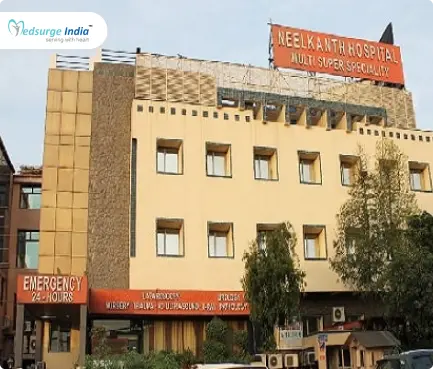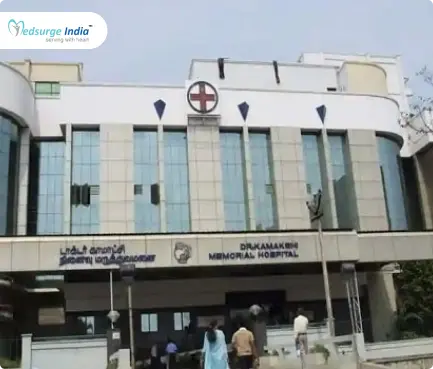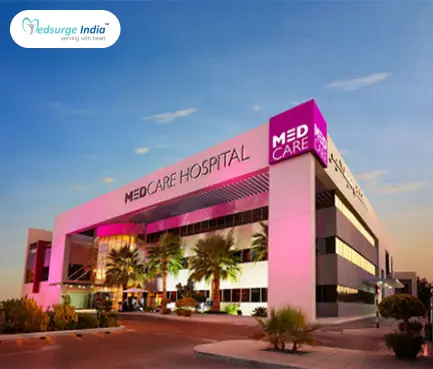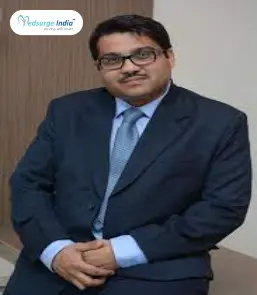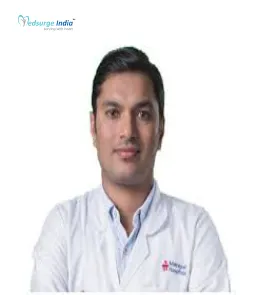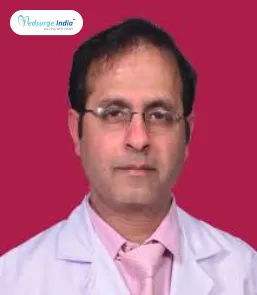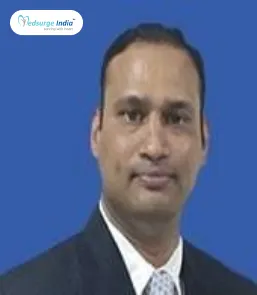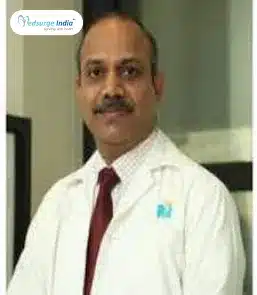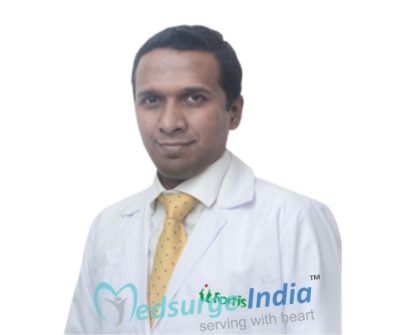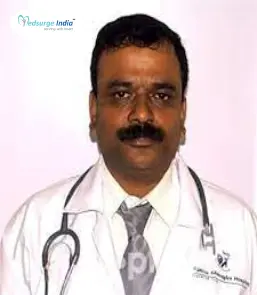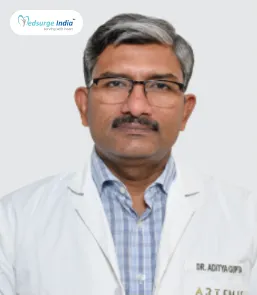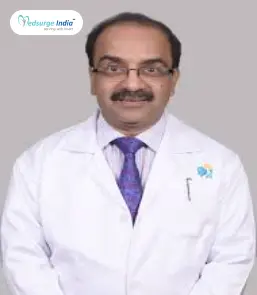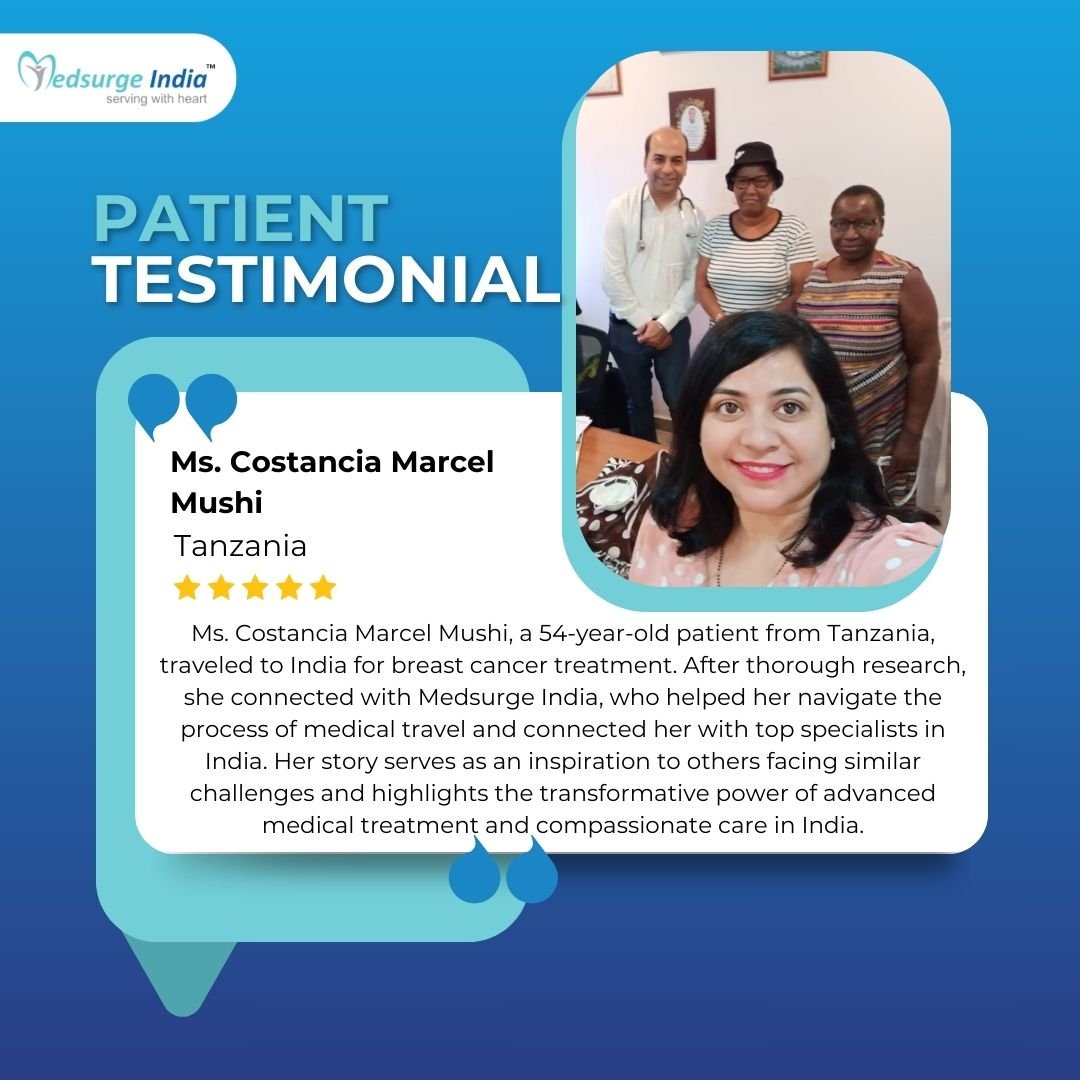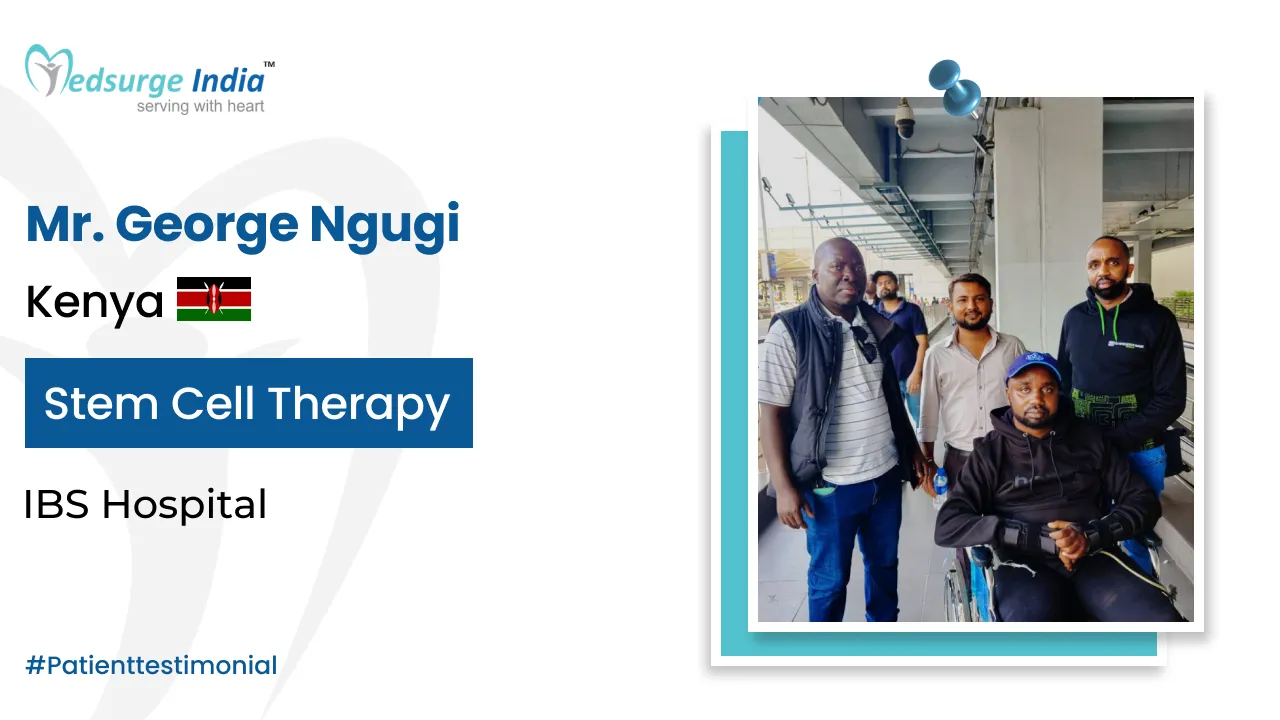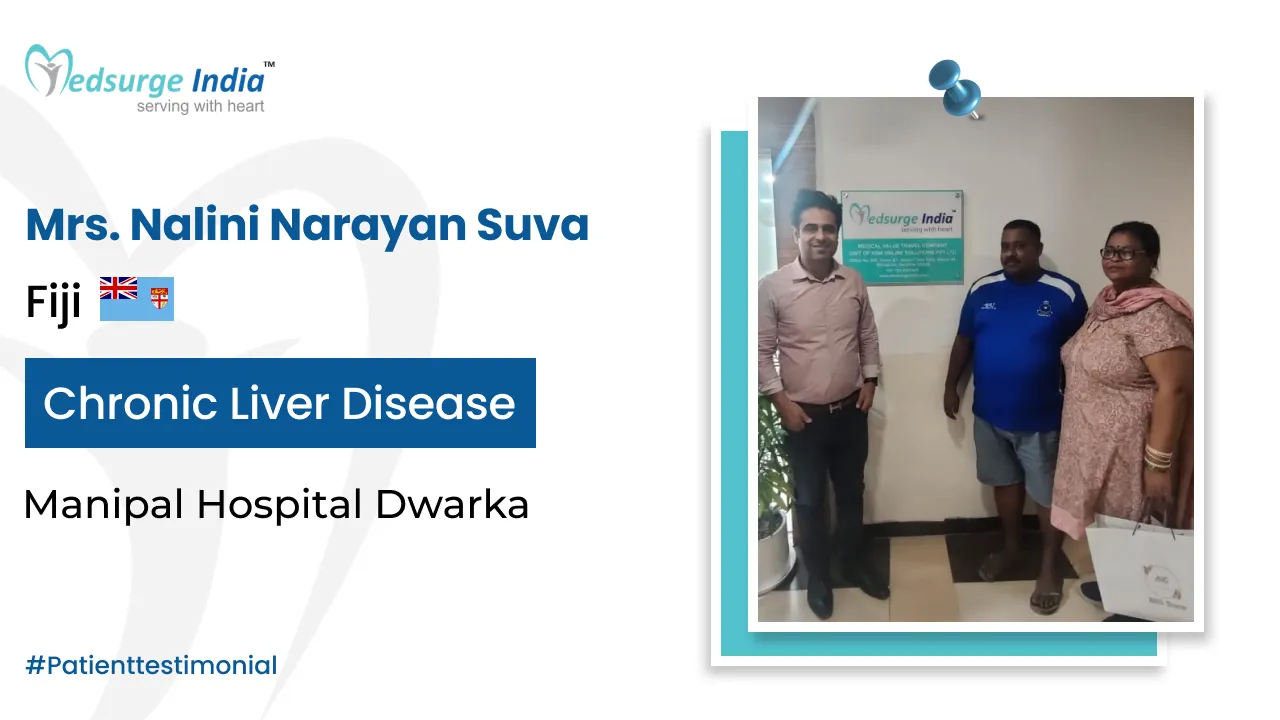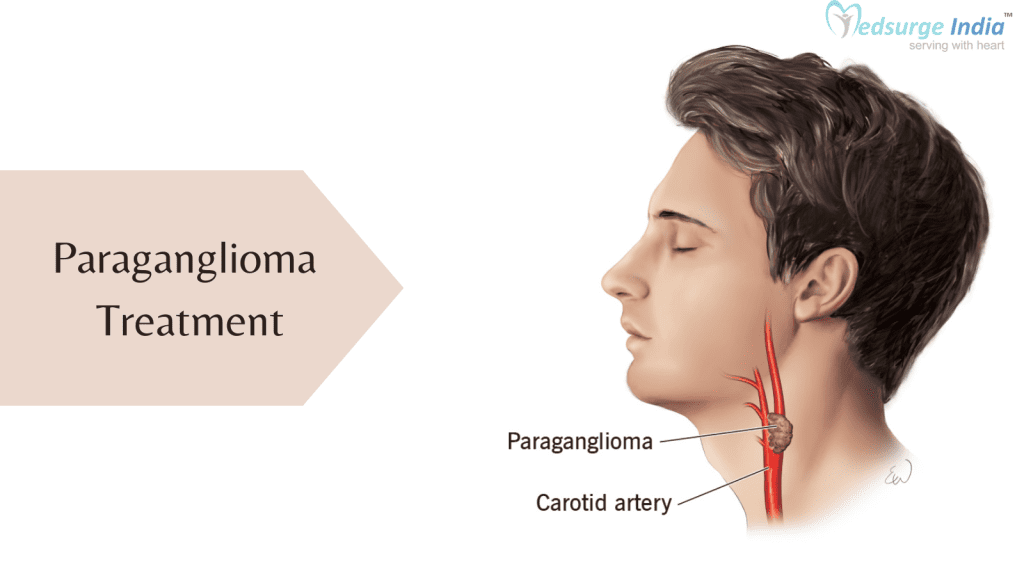
A paraganglioma is a rare type of neuroendocrine tumor (NET) that can develop in your head and neck, close to your carotid artery, or in other parts of your body. Chromaffin cells, a particular type of cell that makes up the tumor, generate and secrete specific hormones known as catecholamines. Surgery and various types of therapies are used for paraganglioma treatment in India. A skilled head and neck oncologist oversees the course of treatment.
The paraganglioma treatment cost in India depends upon the duration of stay and location of the hospital as well the experience of the surgeon.
What Is Paraganglioma?
An abnormal cell growth known as a paraganglioma develops from a certain type of nerve cell that is present throughout the body. Chromaffin cells, a particular type of nerve cell, have critical roles in the body, including controlling blood pressure.
Chromaffin cells can develop abnormally and cause growth (tumors). The tumors are known as pheochromocytomas when they develop in the adrenal glands. Paragangliomas are the term used for tumors that develop elsewhere in the body.
Usually, paragangliomas are not malignant (benign). However, some paragangliomas have the potential to spread (metastasize) to other regions of the body and develop into cancer.
Paragangliomas are rare tumors. Although they can happen at any age, adults between the ages of 30 and 50 are the most frequently diagnosed. The majority of paragangliomas are unknown in origin, however, some are carried on by heritable gene mutations from one generation to the next.
Adrenaline, the hormone responsible for the fight-or-flight response, is one of the catecholamines that are frequently secreted by paraganglioma cells. This can cause episodes of high blood pressure, a rapid heartbeat, perspiration, headaches, and tremors.
Surgery to remove the tumor is the most common form of treatment for paragangliomas in India. Additional therapies might be taken into consideration if the paraganglioma is malignant or if it spreads to other parts of the body.
What Are the Symptoms of Paraganglioma?
When the tumor produces too much adrenaline or noradrenaline into your blood, paraganglioma signs and symptoms appear. However, not all paraganglioma tumors produce excessive amounts of noradrenaline or adrenaline and do not manifest symptoms (are asymptomatic). Paraganglioma frequently causes episodes of:
- Higher blood pressure (hypertension).
- Headaches.
- excessive sweating without apparent causes.
- A rapid, hammering, or unstable heartbeat.
- Feeling shaky
- Being extremely pale.
The most common symptom is high blood pressure, which can be challenging to manage. Serious health problems like an irregular heartbeat, a heart attack, a stroke, or even death can be brought on by extremely high blood pressure.
What Are the Causes of Paraganglioma?
The precise cause of paraganglioma is typically unknown, and it develops at random. A hereditary ailment (one passed down through the family) connected to paraganglioma affects between 25 and 35 % of those who have it. Cases include:
- Multiple endocrine neoplasia 2 syndrome, types A and B (MEN2A and MEN2B).
- Von Hippel-Lindau (VHL) disease.
- Neurofibromatosis type 1 (NF1).
- Hereditary paraganglioma syndrome.
- Carney-Stratakis dyad (paraganglioma and gastrointestinal stromal tumor [GIST]).
- Carney triad (paraganglioma, GIST, and pulmonary chondroma).
How the Diagnosis of Paraganglioma is Done?
It might be challenging to diagnose paraganglioma because it is a rare tumor and occasionally exhibits no symptoms. Paragangliomas are occasionally diagnosed by healthcare professionals when they require a test or surgery for another cause.
After considering the following aspects, a provider may be inclined to suspect a paraganglioma diagnosis:
- A thorough medical history, including any family history of paraganglioma or pheochromocytoma.
- A complete examination both physically and medically.
- A few symptoms include elevated blood pressure that doesn’t respond to conventional medicine.
To confirm paraganglioma, your doctor may do the following tests and procedures:
- Physical examination
- 24-hour urine test
- Blood and catecholamine test
- PET/CT scan
- MRI
After determining that you have paraganglioma, your doctor will probably order more tests to see whether the tumor has migrated to other areas of your body.
Know More – Neuroendocrine Tumor Treatment Cost in India
Get Free Cost Estimation
Procedure
How the Treatment of Paraganlioma is Done?
The following variables affect options for paraganglioma treatment in India:
- The size of the tumor.
- If the tumor is benign (not cancer) or malignant (cancer).
- If you have symptoms caused by higher-than-normal levels of catecholamines.
- If the tumor is in one area only or has spread to other places in your body (metastasized).
- If the tumor has been diagnosed for the first time or has come back (recurred).
Your healthcare professional will probably suggest medicine to control the symptoms if you have a paraganglioma that results in symptoms brought on by an overproduction of adrenal hormones. Medications might consist of:
- Medication, such as alpha-blockers, controls blood pressure.
- Medication, such as beta-blockers, maintains a normal heart rate.
- Drugs that counteract the adverse effects of the excess hormones your adrenal gland releases (s).
Paraganglioma treatment options include:
- Surgical removal of the tumor
- Radiation therapy
- Chemotherapy
- Ablation therapy
- Targeted therapy
A treatment strategy that is ideal for you and your circumstances will be chosen jointly with you and your medical team.
Surgery and Tumor Removal
The main treatment for paragangliomas in India is surgery. Your surgeon will examine the surrounding tissue and lymph nodes during the tumor removal procedure to see whether the tumor has spread. If it has, your surgeon will, if it is possible, also remove the afflicted tissue(s).
Laparoscopic surgery, which entails making a few small incisions in your skin and removing the tumor with specialized instruments, is one minimally invasive procedure that can be used to remove the majority of paragangliomas. For big tumors, however, standard open surgery can be required.
Your doctor will examine the levels of catecholamines in your blood or urine following surgery. The presence of normal catecholamine levels indicates complete removal of the paraganglioma cells.
Suggestion
Surgery to entirely remove the tumor is the only way to treat paraganglioma that has spread to adjacent lymph nodes or organs. It may also be necessary to remove nearby organs where cancer has already metastasized, including the kidney, liver, a portion of a major blood vessel, and lymph nodes.
These procedures might aid patients in avoiding acute adrenal insufficiency, lifelong hormone replacement treatment, and health issues brought on by the lack of hormones produced by the adrenal gland.
The Most Important Frequently Asked Questions
Q: What Is the Survival Rate of Paraganglioma?
A: The five-year survival percentage for patients with a minor paraganglioma that has not migrated to other body parts is around 95%. The five-year survival rate for patients with paraganglioma that has returned (recurred) or spread to other areas of the body ranges from 34% to 60%.
Q: Is a Paraganglioma a Brain Tumour?
A: A paraganglioma is a specific type of tumor that develops from the sympathetic and parasympathetic nervous systems, which make up the peripheral nervous system, which is the portion of the nervous system that is external to the brain and spinal cord.
Q: Is a Paraganglioma Capable of Causing a Stroke?
A: Less than 0.2% of persons with high blood pressure have a paraganglioma as the reason, which is detected in 2 out of every million people every year. The unregulated adrenaline release from paragangliomas, however, can result in major health issues like heart attacks, strokes, and even death.
Q: Are Paragangliomas Hereditary?
A: Paragangliomas and pheochromocytomas are the main risks in inherited PGL/PCC. While most of these tumors are benign, there are some instances where they could be cancerous and more prone to spread to other body areas.
Q: What Gene Causes Paraganglioma?
A: An individual is predisposed to hereditary paraganglioma-pheochromocytoma type 1 by mutations in the SDHD gene, type 2 by mutations in the SDHAF2 gene, type 3 by mutations in the SDHC gene, and type 4 by mutations in the SDHB gene.
Top Hospitals for Paraganglioma Treatment in India
Top Doctors for Neurology And Neurosurgery
Dr. Rohit Pai
Senior Consultant
Experience: 18+ years of experience
KMC Hospital, Hampankatta, Mangaluru
Mangaluru, India
Dr. Pawan Garg
Senior Consultant
Experience: 15 years of experience
Medeor Hospital, Qutab, New Delhi
New Delhi, India
Dr. Pijush Das
Experience: 12+ years of experience
Narayana Superspeciality Hospital, Amingaon, Guwahati
Guwahati, India
Dr. Debashis Bhattacharyya
Senior Consultant
Experience: 14+ years of experience
Narayana Multispeciality Hospital, Andul Road, Howrah
Howrah, India
Dr. Nalli R Gopinath
Senior Consultant
Experience: 19 years of experience
Apollo Spectra Hospital, Chennai
Chennai, India
Dr. Anil Venkitachalam
Consultant
Experience: 16 years of experience
Fortis Hospital, Mulund, Mumbai
Mumbai, India
Dr. Abrar Ahmed
Consultant
Experience: 24 years of experience
Apollo Gleneagles Hospital Kolkata
Kolkata, India
Dr. Ravindra Srivastava
Consultant
Experience: 26 years of experience
Primus Super Speciality Hospital, New Delhi
New Delhi, India
Dr. Vishal Jain
Senior Consultant
Experience: 12 years of experience
Primus Super Speciality Hospital, New Delhi
Noida, India
Dr. Nilay Biswas
Senior Consultant
Experience: 20+ years of experience
Narayana Multispeciality Hospital, Andul Road, Howrah
Howrah, India
Dr. Dhiyanesh Krishnamoorthy
Consultant
Experience: 11 years of experience
Manipal hospitals Life’s On, Jayanagar
Bangalore, India
Dr. Anand Kumar Saxena
Head of Department , DM
Experience: 26 years of experience
Venkateshwar Hospital, New Delhi
New Delhi, India
Dr. Harsh Bhargava
Senior Consultant
Experience: 33 years of experience
Indraprastha Apollo Hospital New Delhi
New Delhi, India
Dr. Christos Panotopoulos
Consultant
Experience: 25 years of experience
Brains Neuro Spine Centre, Bangalore
Bangalore, India
Dr. Priyamvadha K
Consultant
Experience: 21 years of experience
Manipal hospitals Life’s On, Whitefield
Bangalore, India


